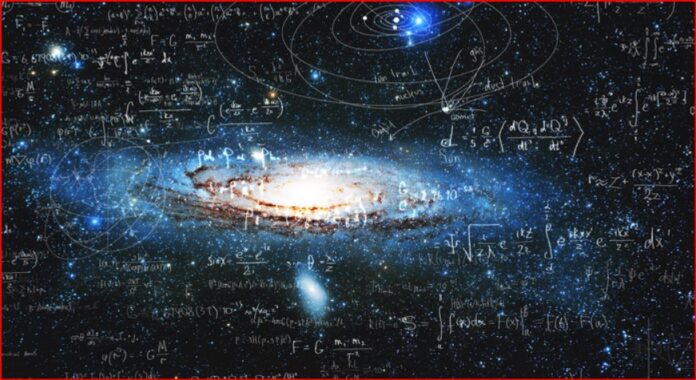The Big Bang Model has long been the cornerstone of modern cosmology, describing how the universe expanded from an incredibly hot, dense point roughly 13.8 billion years ago.
Yet, while it remains widely accepted, many details about the universe’s earliest moments remain uncertain. In July 2025, scientists introduced a new proposal for the Big Bang Model — one that could radically change how we understand the universe’s beginnings.
According to a study published in the American Physical Society’s Physical Review Journal under the title “Inflation without an inflaton”, researchers have put forward an alternative theory that removes the need for a mysterious inflation particle — known as the inflaton — long thought to be responsible for the universe’s rapid expansion after the Big Bang.
Read more about this groundbreaking theory on BGR.com and Space.com.
Gravitational Waves: The Key to Understanding the Big Bang Model
The research team, made up of four scientists including Raúl Jiménez from the University of Barcelona and Daniele Bertacca from the University of Padova, proposed that gravitational waves — tiny ripples in space-time — could explain how matter and structure formed in the early universe.



